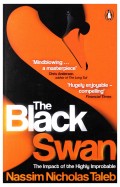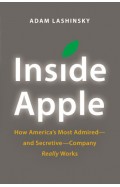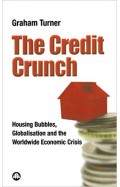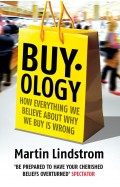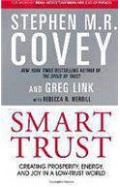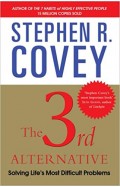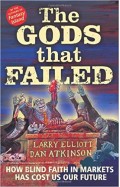- Home
- Categories
- Non Fiction
- Business & Management
- The Storm: The World Economic Crisis and What it Means
The Storm: The World Economic Crisis and What it Means
By: Vince Cable
-
Rs 717.75
- Rs 1,595.00
- 55%
You save Rs 877.25.
Due to constant currency fluctuation, prices are subject to change with or without notice.
In The Storm, Vincent Cable explains the causes of the world economic crisis and how we should respond to the challenges it brings. He shows that although the downturn is global, the complacency of the British government towards the huge 'bubble' in property prices and high levels of personal debt, combined with increasingly exotic and opaque trading within the financial markets, has left Britain badly exposed. Yet we need to be vigilant in our response to the dangers confronting us. Times of crises inevitably bring forth false prophets who offer easy panaceas and identify scapegoats. However, Cable shows that an insular response to the current crisis would be a disaster and urges us to resist the siren voices that promote isolationism and nationalism as the answer to economic woes. He argues that policy makers must keep their faith in liberal markets if the remarkable advances in living standards, which are now being extended to the world's poorer countries, are to be maintained.
| Book | |
| What's in the Box? | 1 x The Storm: The World Economic Crisis and What it Means |
In The Storm, Vincent Cable explains the causes of the world economic crisis and how we should respond to the challenges it brings. He shows that although the downturn is global, the complacency of the British government towards the huge 'bubble' in property prices and high levels of personal debt, combined with increasingly exotic and opaque trading within the financial markets, has left Britain badly exposed. Yet we need to be vigilant in our response to the dangers confronting us. Times of crises inevitably bring forth false prophets who offer easy panaceas and identify scapegoats. However, Cable shows that an insular response to the current crisis would be a disaster and urges us to resist the siren voices that promote isolationism and nationalism as the answer to economic woes. He argues that policy makers must keep their faith in liberal markets if the remarkable advances in living standards, which are now being extended to the world's poorer countries, are to be maintained.
The Storm: The World Economic Crisis and What it Means
By: Vince Cable
Rs 717.75 Rs 1,595.00 Ex Tax :Rs 717.75
Money and Power: The World Leaders Who Changed Economics
By: Vince Cable
Rs 2,335.50 Rs 2,595.00 Ex Tax :Rs 2,335.50
The Chinese Conundrum: Engagement or Conflict
By: Vince Cable
Rs 2,856.75 Rs 4,395.00 Ex Tax :Rs 2,856.75
The Storm: The World Economic Crisis and What It Means
By: Vince Cable
Rs 1,422.00 Rs 1,580.00 Ex Tax :Rs 1,422.00
Money and Power: The 16 World Leaders Who Changed Economics
By: Vince Cable
Rs 1,621.75 Rs 2,495.00 Ex Tax :Rs 1,621.75
Zubin Mehta: A Musical Journey (An Authorized Biography)
By: VOID - Bakhtiar K. Dadabhoy
Rs 472.50 Rs 1,050.00 Ex Tax :Rs 472.50
The Black Swan The Impact Of The Highly Improbable
By: Nassim Nicholas Taleb
Rs 2,965.50 Rs 3,295.00 Ex Tax :Rs 2,965.50
Inside Apple How Americas Mo Admired And Secretive Company Really Works
By: Adam Lashinsky
Rs 1,012.50 Rs 1,350.00 Ex Tax :Rs 1,012.50
Buyology How Everything We Believe About Why We Buy Is Wrong
By: Martin Lindstrom
Rs 2,515.50 Rs 2,795.00 Ex Tax :Rs 2,515.50
The 3rd Alternative Solving Life s Most Difficult Problems
By: Stephen Covey
Rs 516.75 Rs 795.00 Ex Tax :Rs 516.75
No similar books from this author available at the moment.
No recently viewed books available at the moment.
Zubin Mehta: A Musical Journey (An Authorized Biography)
By: VOID - Bakhtiar K. Dadabhoy
Rs 472.50 Rs 1,050.00 Ex Tax :Rs 472.50
The Storm: The World Economic Crisis and What it Means
By: Vince Cable
Rs 717.75 Rs 1,595.00 Ex Tax :Rs 717.75
Money and Power: The World Leaders Who Changed Economics
By: Vince Cable
Rs 2,335.50 Rs 2,595.00 Ex Tax :Rs 2,335.50
The Chinese Conundrum: Engagement or Conflict
By: Vince Cable
Rs 2,856.75 Rs 4,395.00 Ex Tax :Rs 2,856.75
The Storm: The World Economic Crisis and What It Means
By: Vince Cable
Rs 1,422.00 Rs 1,580.00 Ex Tax :Rs 1,422.00
Money and Power: The 16 World Leaders Who Changed Economics
By: Vince Cable
Rs 1,621.75 Rs 2,495.00 Ex Tax :Rs 1,621.75












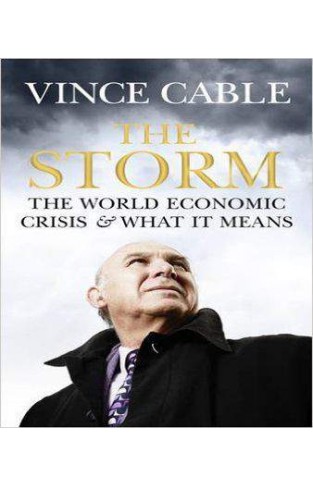

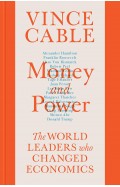
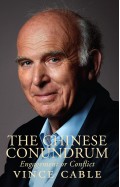
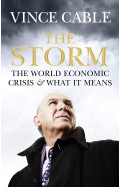
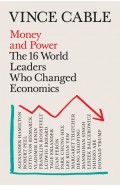
-120x187.jpg?q6)






